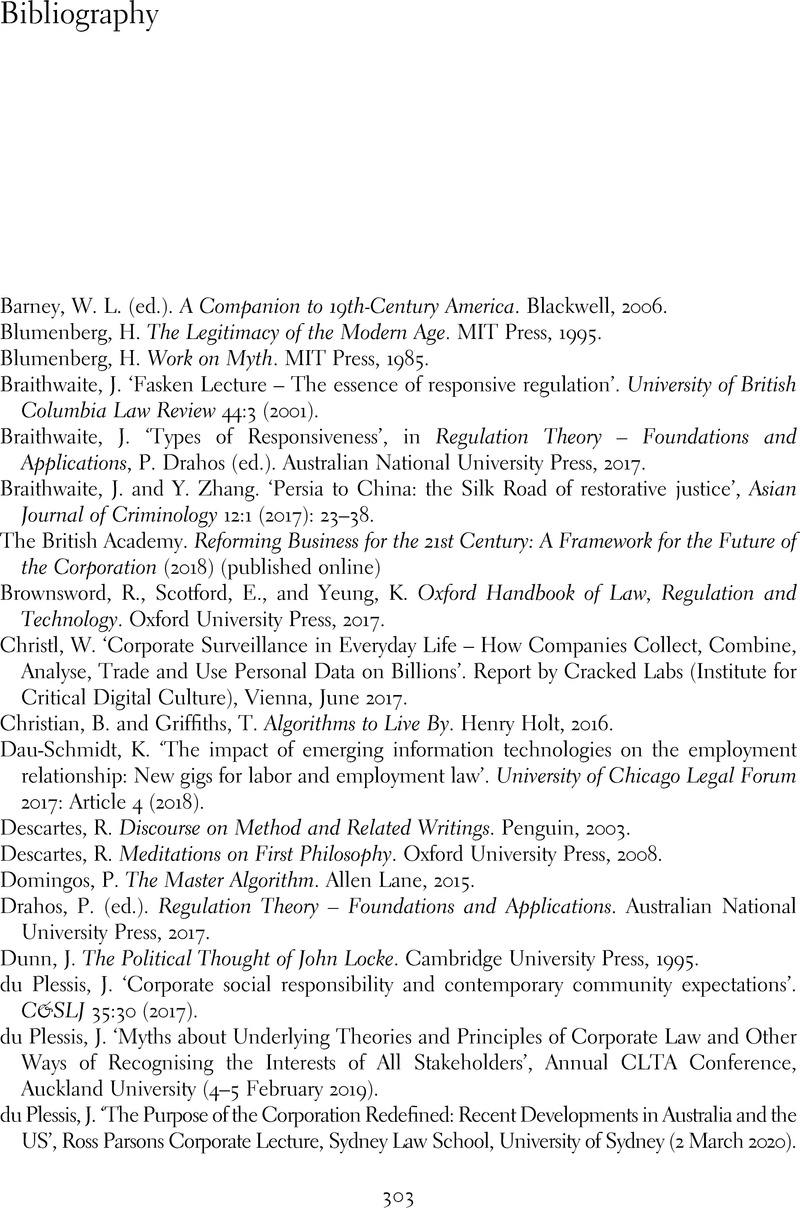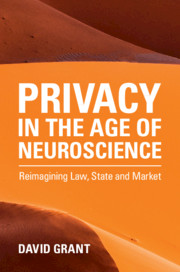Bibliography
Published online by Cambridge University Press: 09 April 2021
Summary

- Type
- Chapter
- Information
- Privacy in the Age of NeuroscienceReimagining Law, State and Market, pp. 303 - 306Publisher: Cambridge University PressPrint publication year: 2021

